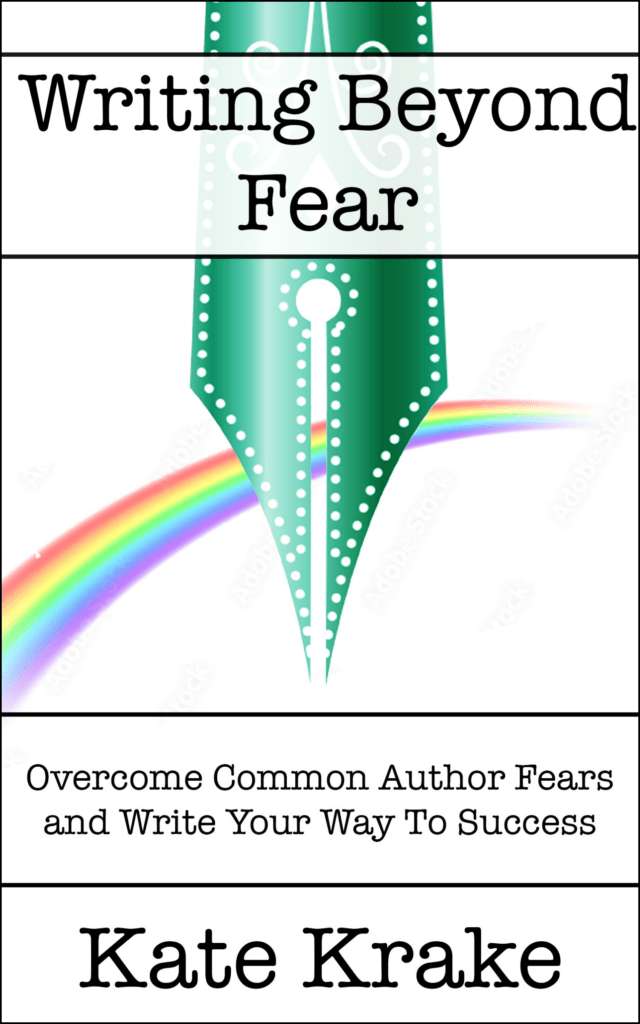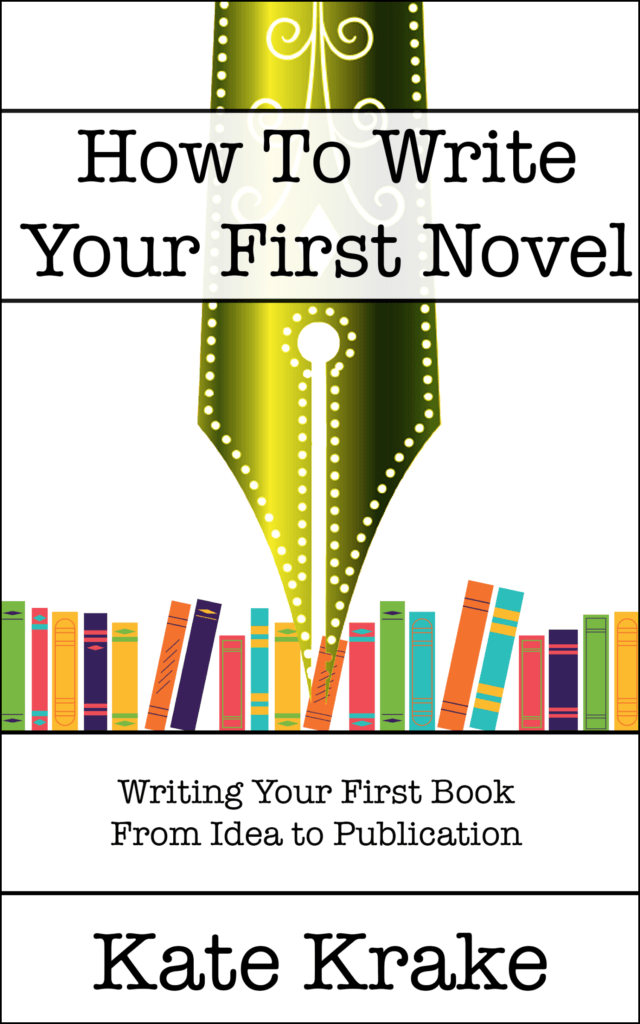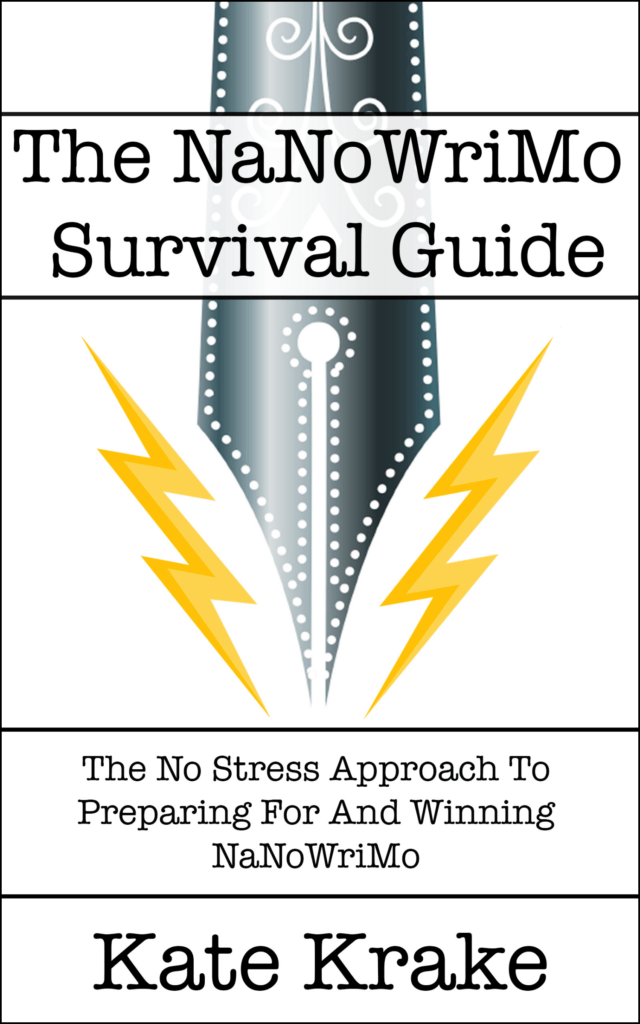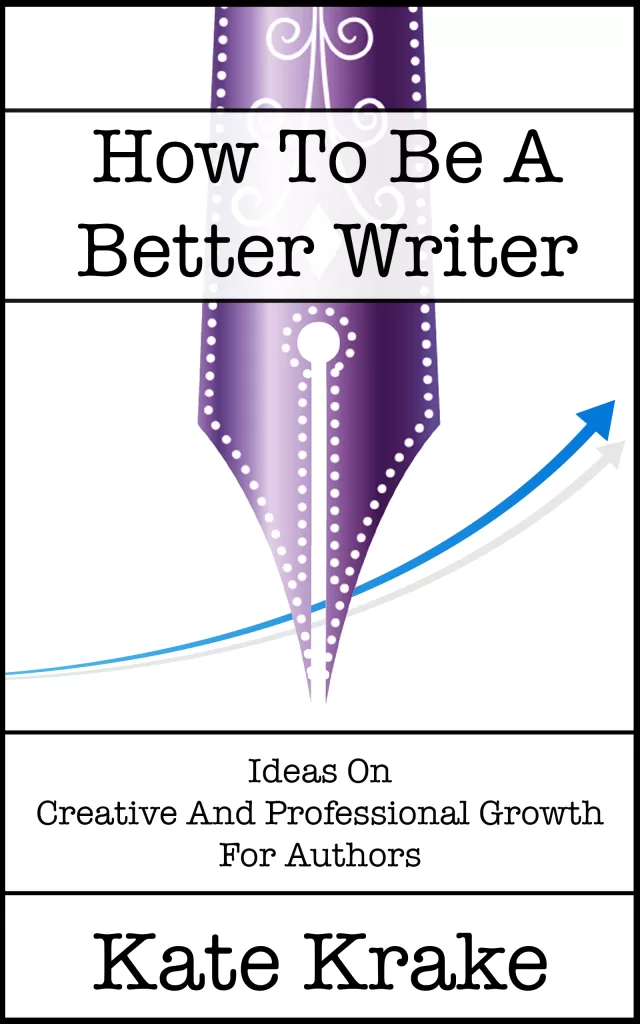Self-sabotage is any behavior that negatively interferes with your life, and your well-being.
Often, we don’t even realise when we are in the grips of self-sabotage, and these negative behaviours, thinking patterns, habits, and other actions can hold us back from the lives we want without us even being aware what’s happening.
A writer’s self-sabotaging subconscious habits might look like any or all of the following:
- Procrastinating
- Comparison
- Imposter Syndrome
- Frequent cliched and shallow work
- Self-doubt
- Negative self-talk
- Avoiding or ignoring positive critique
- Suffering through writer’s block without exploring its roots
- Constantly quitting projects without ever finishing anything
These deeply ingrained subconscious habits might have been part of your creative life for years.
We all have self-sabotaging habits to some degree, so please don’t see them as reasons to harshly judge or criticize yourself.
The process of overcoming these limiting habits is about acceptance and recognition, and overlaying the less-good habits with more positive patterns.
This is what it can look like…
How To Overcome Subconscious Habits of Self-Sabotage
This is a slow and messy process with no clear beginnings or ends. We all fall back into old habits, so don’t beat yourself up when you do. Each time we regress into bad habits is a moment where we can strengthen our positive growth.
1. Identify Your Unique Self-Sabotage
Make a list of mental processes (similar to the one above) that you know or think might limit you. Some might be more impactful than others, but note down anything and everything you can think of. Even if you’re not sure if something applies to you, add it in just in case. This is all about bringing the subconscious into the conscious.
2. Choose One Self-Sabotage To Focus On
Trying to tackle multiple big changes at once is overwhelming and usually doomed to fail. Concentrate on one area.
3. Recognize the Habit’s Effects
Think about how your identified habit affects your creative process. Consider how it impinges on your writing and other areas of your life. How does it impede your creative confidence? Your flow? How does it ripple out into other areas of your life? We’re not trying to change anything yet, we’re still just watching how this all plays out.
4. Imagine An Appealing Alternative
What might your life look like without this limiting habit? If you’re a procrastinator, imagine yourself getting up and getting straight into work without delay. Imagine the feeling at the end of your writing session, how satisfied and free you feel, rather than all that guilt pressure that procrastination can bring. Imagine your mind when it’s not weighed down with all the negative pressure, judgement, and shame that constant comparison can bring. How liberated do you feel? What kinds of creative explorations will you embark on if it’s only you and your passions and desires leading the way?
5. Start Deliberate Practice
Set up a specific time and space to focus on this habit and put what you imagined in the previous step into action. This deliberate practice will probably feel fake and forced when you start, but that’s okay. Keep going with it, even if you don’t feel its positive effects in the beginning. This is especially true of the more mental habits, like imposter syndrome or constant negative comparison. When you catch yourself falling into the old habit (and you will, we all do), bring yourself back to the new mindset with awareness and gentle intention. No reason to beat yourself up here. That’s only going to further instill unhelpful patterns.
6. Repeat
Keep practicing. The more you practice the new habit, the more natural it will become, even if it’s something you will always have to practice with deliberate intention. Acknowledge your progress, even if it’s not perfect. Especially when it’s not perfect.
Self-sabotaging is typically the result of fear. For more on understanding how fear might show up for writers, and how to overcome some common author fears, read Writing Beyond Fear.






